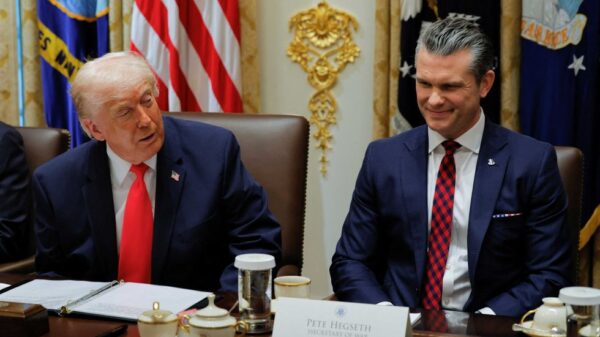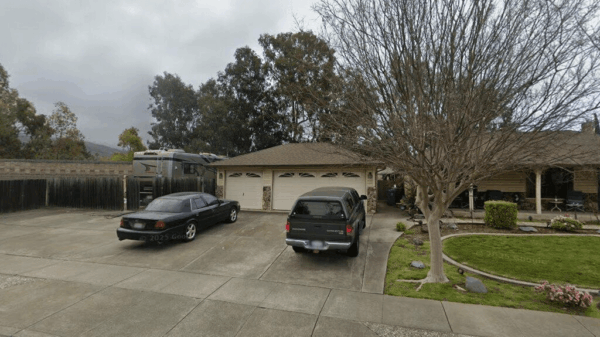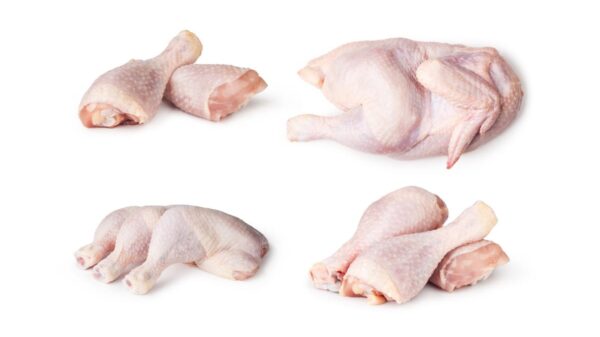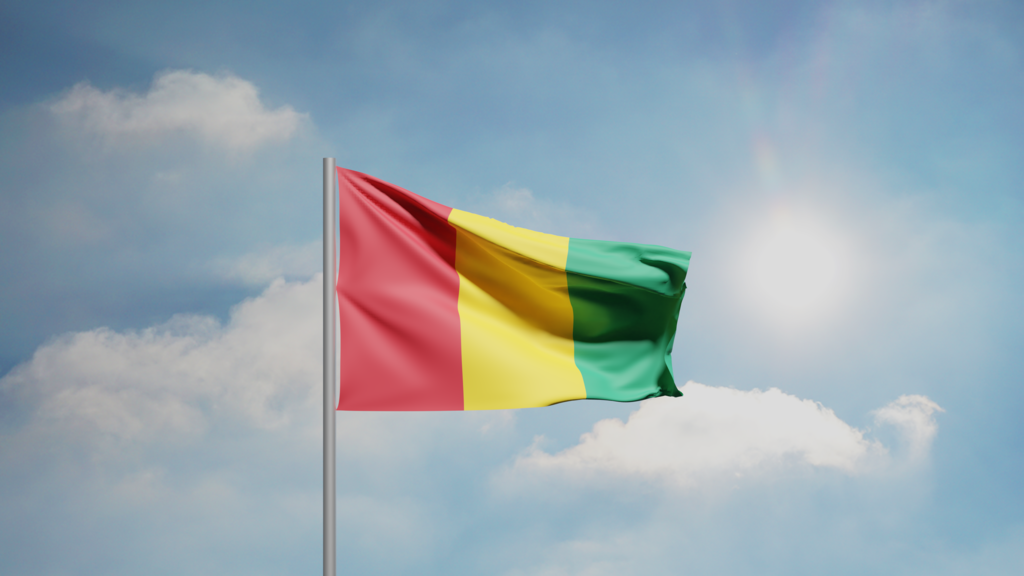The military government of Guinea announced on Saturday the temporary suspension of the country’s three primary opposition parties: the Union of Democratic Forces of Guinea (UFDG), the Renewal and Progress Party (PRP), and the Rally of the Guinean People (RPG). This decree, which cites alleged non-compliance with the Guinean Charter of Political Parties, prohibits these parties from engaging in any political activities, including meetings and demonstrations, for a duration of 90 days.
This action raises concerns, particularly given the upcoming constitutional referendum scheduled between August 21 and September 18, 2023. The leader of the military government, General Mamadi Doumbouya, announced the referendum as part of a broader plan to restore civilian rule. The timing of the suspension has drawn criticism from opposition members who argue that it undermines the democratic process.
The UFDG, which has been vocal about its opposition to the new draft constitution, claims that the proposed changes favor the continuation of military rule. Souleymane Konate, the UFDG’s communications coordinator, stated that “no serious debate on the content of the constitutional text [is being] proposed to Guineans.” This sentiment reflects the broader apprehension among opposition parties regarding the legitimacy of the upcoming referendum.
The decree cites non-compliance with Article 28 of the Guinean Charter, which empowers the Minister of the Interior to suspend parties that fail to notify the ministry of changes in management, hold regular conventions, or meet financial requirements. The government’s actions stem from an evaluation report published on March 14, 2023, which led to the dissolution of 27 parties and the prior suspension of the RPG, associated with former President Alpha Conde.
The UFDG had been given 45 days to hold a party convention following the March report but now faces suspension for failing to comply. All three suspended parties were allotted three months to rectify the alleged deficiencies, after which a re-evaluation will occur. If the Minister of the Interior deems the issues unresolved, the parties could face dissolution.
Despite this, the actions taken by the government can be appealed to the Supreme Court of Guinea. The UFDG has already sought judicial review from the court, with a decision expected on August 28, 2023. A spokesperson for the UFDG expressed confidence in a favorable ruling, stating, “[they] expect the Supreme Court to state in its decision that the Minister has gone beyond his remit. It is not for it to interfere in the functioning of political parties. We expect the Supreme Court to remind you of this to Mr. Minister.”
The suspension of these major political parties adds a significant layer of complexity to Guinea’s political landscape, particularly as the country approaches a critical referendum aimed at transitioning back to civilian governance. The implications of this decree will likely resonate beyond the immediate political sphere, affecting public perception and the overall stability of the region.






































































